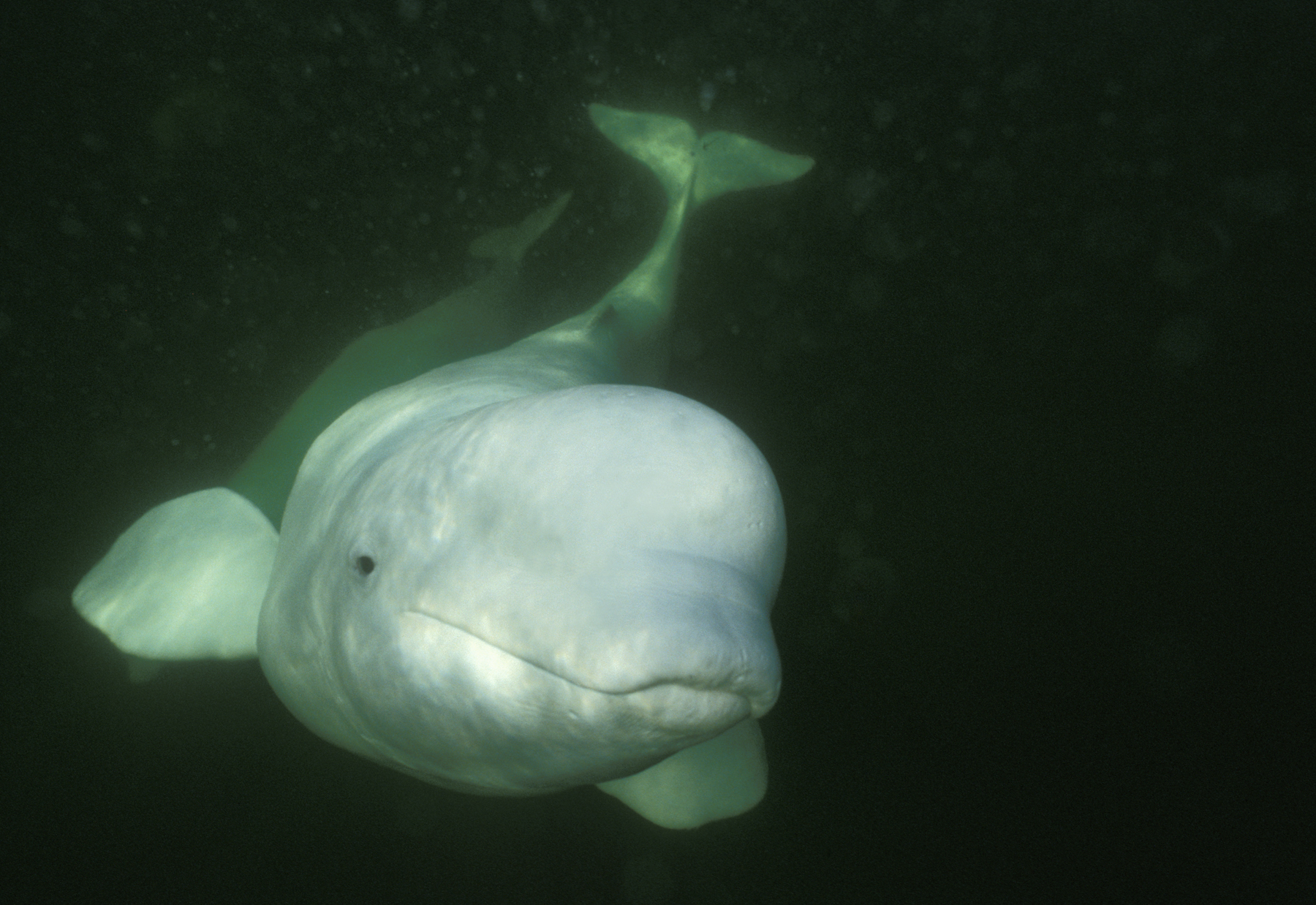
Beluga Whales Win Another Stay of Oil and Gas Leasing in Cook Inlet
Cook Inlet beluga whales have rapidly declined over the last 10 years. Scientist estimate that the population has dropped from over 1,000 individuals in 1990 to between 270 and 350 last year. While much of this decline can be attributed to a growing, unregulated subsistence harvest, many factors can influence the recovery of beluga whales in Cook Inlet.
Last April, Trustees asked the Alaska Superior Court to stop oil and gas leasing on 70 of the most critical tracts for beluga whales in Cook Inlet. The state was planning on leasing all available state land in the Cook Inlet watershed, divided into 815 tracts. The Court agreed with Trustees and stayed the sale on the 70 tracts because the state ignored the impacts of oil and gas development on Cook Inlet’s dwindling population of beluga whales.
The case is still pending before the Court. This April, the State asked the Court to lift the stay and allow it to proceed with its sale this coming August. Trustees opposed this request, and asked the Court to expand the protected areas for beluga whales based on new information from the National Marine Fisheries Service that demonstrated other important habitat areas in Cook Inlet.
The Court agreed, and expanded the stay of oil and gas leasing to include the original 70 stayed tracts, plus the offshore portions of 56 additional tracts. These tracts will remain off the sale block for the 2000 Cook Inlet oil and gas lease sale, which the state plans to hold in August.
The state has announced that it will go forward with the remainder of the Cook Inlet sale without the 126 tracts while awaiting the Court’s final decision on the case. The Commissioner of DNR, the state official in charge of deciding which state lands to lease, voluntarily withdrew the beluga tracts from the 2000 Cook Inlet oil and gas sale. The Commissioner noted that “[s]o far only Native hunters and the oil and gas industry have been singled out, which is unfair and without scientific justification . . . It creates the false impression that curtailing these two activities will protect the whales.”
While the state’s action of withdrawing the beluga tracts from the oil and gas lease sale may have been undertaken reluctantly, it is a first step to protecting critical beluga whale habitat. “Unless we protect those areas scientist believe are critical for beluga whale feeding, calving and migration, we can’t even begin to undertake more research on what its going to take to recover the Cook Inlet beluga whale population,” said Valerie Brown, Trustees for Alaska Staff Attorney. The state Division of Oil and Gas may not believe that protecting these areas will help beluga whales, but state and federal marine mammal biologists agree that immediate protection for whales is needed. “Under the circumstances, we should err on the side of caution,” Brown stated.
The Court’s final decision on the merits in this case is expected some time this summer. Depending on the Court’s decision, the state may have to undertake some additional analysis of the effects of oil and gas leasing before it can move forward with leasing the remaining areas of Cook Inlet.
Areas that federal scientists have identified as important areas for beluga whales include river mouths and deltas, and much of Turnagain and Knik Arms. Trustees for Alaska continues to work on many fronts to protect Cook Inlet beluga whales and their habitat.


